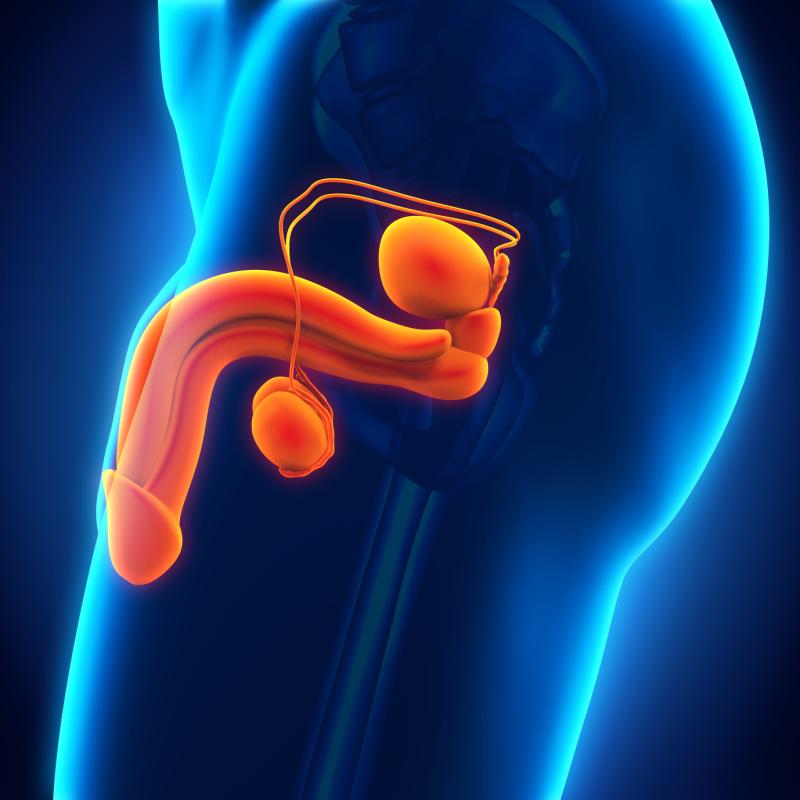
Platinum-based neoadjuvant chemotherapy appears to be beneficial in patients with bulky regional lymph node metastases from penile cancer, with nearly 50 percent responding to treatment and about 16 percent achieving a pathological complete response, results of a systematic review and meta-analysis have shown.
Moreover, nontaxane-based regimens are better tolerated than taxane regimens based on reported grade ≥3 adverse events (26 percent vs 49 percent).
The investigators searched Embase and Medline for studies reporting on patients who received preoperative neoadjuvant chemotherapy for locally advanced penile squamous cell carcinoma. They evaluated objective response rate, pathological complete response, grade ≥3 toxicity and overall mortality in terms of neoadjuvant chemotherapy type, which was categorized as nontaxane- and taxane-platinum regimens.
Ten studies were eligible for analysis, including a total of 182 patients. Of these, 66 (36.3 percent) were treated with nontaxane-platinum regimen and 116 (63.7 percent) with taxane-platinum regimen.
In patients receiving neoadjuvant therapy, pooled estimates showed an objective response rate of 53 percent (95 percent confidence interval [CI], 42–64), a pathological complete response rate of 16 percent, grade ≥3 toxicity rate of 40 percent (95 percent CI, 19–64) and an overall mortality of 55 percent (95 percent CI, 40–70).
In stratified subanalysis, the objective response rates were 55 percent and 49 percent for nontaxane- and taxane-platinum regimens, respectively. The corresponding pathological complete response rates were 9 percent and 20 percent, toxicity rates 26 percent and 49 percent, and overall mortality 54 percent and 58 percent.
“Ultimately, the robustness of these observations should be interpreted with an awareness of the inherent limitations of deriving data from a collection of small, heterogeneous series,” the investigators said.